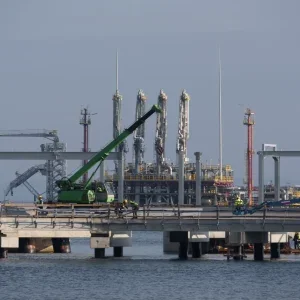
The US Department of Energy’s (DOE’s) Office of Fossil Energy (FE) has granted approximately $25m in federal funding to 16 projects to improve natural gas operations.
The selected projects are expected to develop tools, methods, and technologies to cost-effectively improve the safety and efficiency of the natural gas production, gathering, storage, and transmission infrastructure in the country.
US Energy Secretary Dan Brouillette said: “This Administration is committed to providing cost-effective, responsible technologies to advance natural gas operations across the United States.
“With the U.S. positioned as the world’s top producer of natural gas, DOE is proud to be a global leader in gas technology R&D.
“These projects will further our impressive growth in this field, growing our economy and jobs, while finding new solutions to continue lowering our energy-related emissions.”
The 16 projects will fall under three areas of interest. The first area of interest includes advanced technologies to mitigate emissions from and increase the efficiency of natural gas transportation infrastructure.
The second area of interest is process-intensified technologies for the upcycling of flare gas into transportable, value-added products and the third area of interest is advanced methane detection and measurement technology validation.
Fossil Energy assistant secretary Steven Winberg said: “All of these developing tools and technologies have transformative potential.
“From mitigating emissions to converting flare gas into value-added products, they are vital to ensuring that America can continue to safely and efficiently use our vast fossil energy resources.”
In June, US DOE offered $39m funding to improve coal-fired fleet efficiency
In June 2019, the US DOE had announced funding of $39m for 17 projects to improve, efficiency, reliability, and flexibility of the existing coal-based power plants in the country.
The projects were chosen as part of its Transformative Power Generation Program and Crosscutting Research Program. They were expected to develop, advanced technologies that can improve the overall performance, reliability and flexibility of the country’s existing coal-fired power fleet.






